Swiss foreign minister calls for de-escalation in Syria
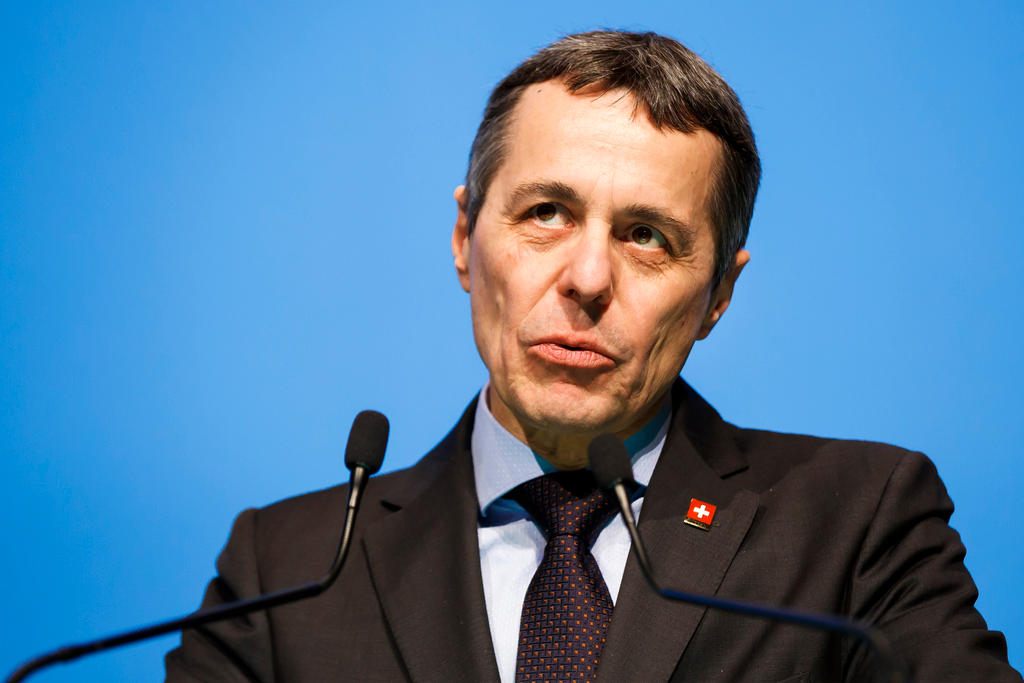
As Middle East tensions rise following US-led air strikes in Syria, Swiss Foreign Affairs Minister Ignazio Cassis has outlined the thinking behind Bern’s more muted response.
“I do not welcome this [Western] reaction, just as I can never welcome any military escalation,” Cassis told the NZZ am Sonntag newspaper, in an interview that reiterated the Swiss commitment to neutrality and diplomatic – rather than military – solutions.
“Switzerland calls on all parties involved to de-escalate,” he said, echoing the official government response on Saturday that pleaded for humanitarian concerns to be prioritised.
Cassis also said that though Switzerland is against the use of chemical weapons, he would have liked to see a more cautious approach before retaliation. “I’m withholding judgements until the facts are clear,” he said. “It has not yet been fully established whether Syria used such substances; this is only a presumption.”
On this point Cassis was echoed by his Federal Council colleague Guy Parmelin, who told the SonntagsBlick newspaper that it would have been more prudent to await the result of a UN-led mission to determine who was behind the use of a chemical weapons attack near Damascus last week.
Neutral broker
Cassis, who has been foreign affairs minister since November 2017, was reluctant to be drawn on Switzerland’s perceived lack of support for the values defended in Syria by the Western powers.
“Of course, we belong to the Western community and share its values,” he said. But “we don’t just sing along in the choir of the outraged.” He said that the Swiss role (“of which our Western partners are well aware”) is more important in brokering diplomatic solutions.
+ A brief explainer of the efforts to reach a peace deal in Geneva
Geneva is open as a location for talks between the two sides (talks that have so far stalled), and Switzerland continues to act as a middleman between countries unwilling to speak with each other, such as Iran and Saudi Arabia, he said.
“In this way we create trust, which in the ideal case leads to new discussions,” he said.
Ultimately, Switzerland will never be a military world power, but it can be a diplomatic world power, he concluded. “Unfortunately, this is something still being overlooked a little too often in our own country.”
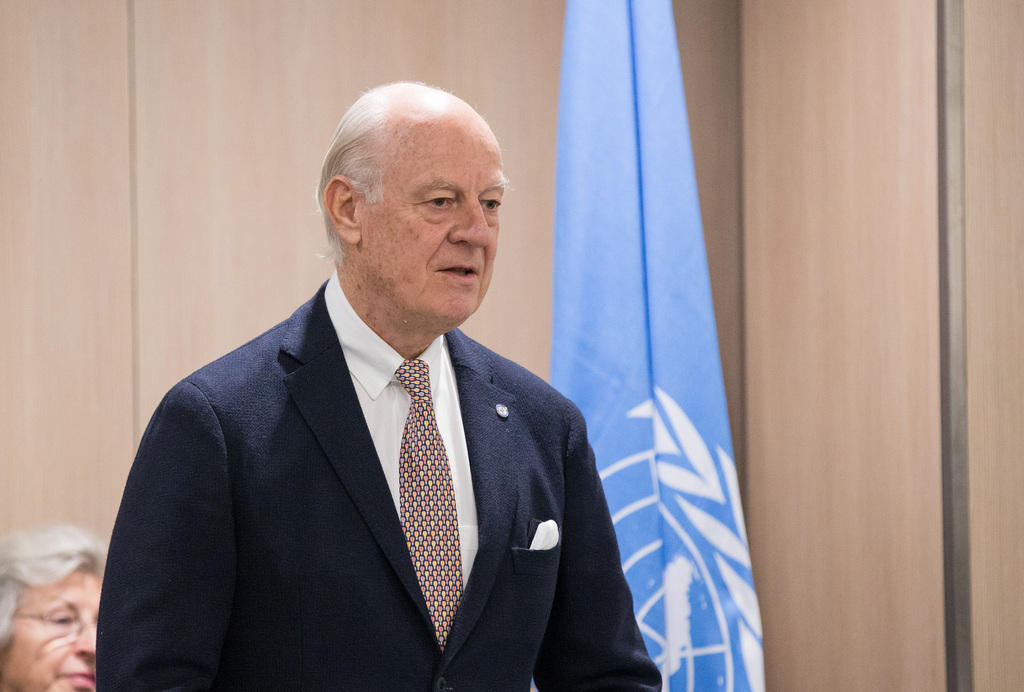
More
Syria: what will it take to make peace?

In compliance with the JTI standards
More: SWI swissinfo.ch certified by the Journalism Trust Initiative
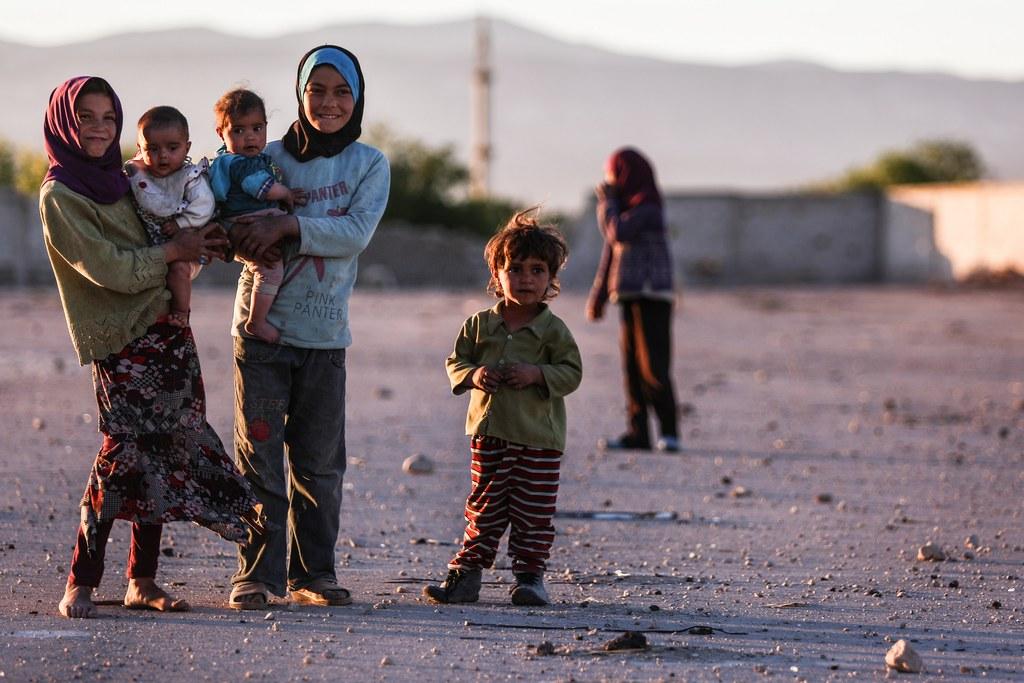
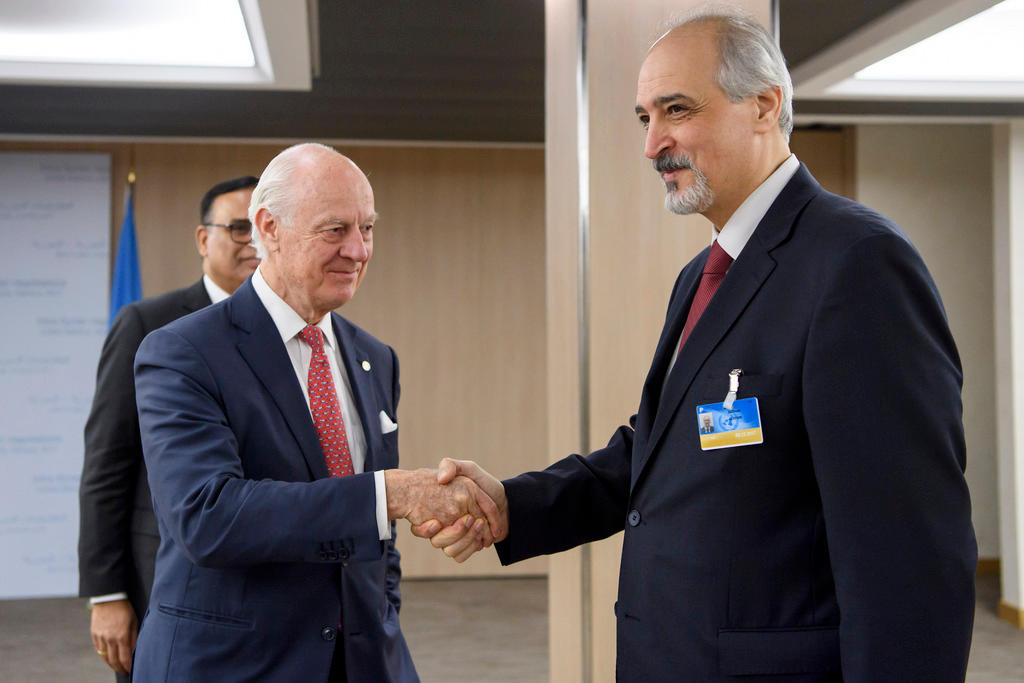
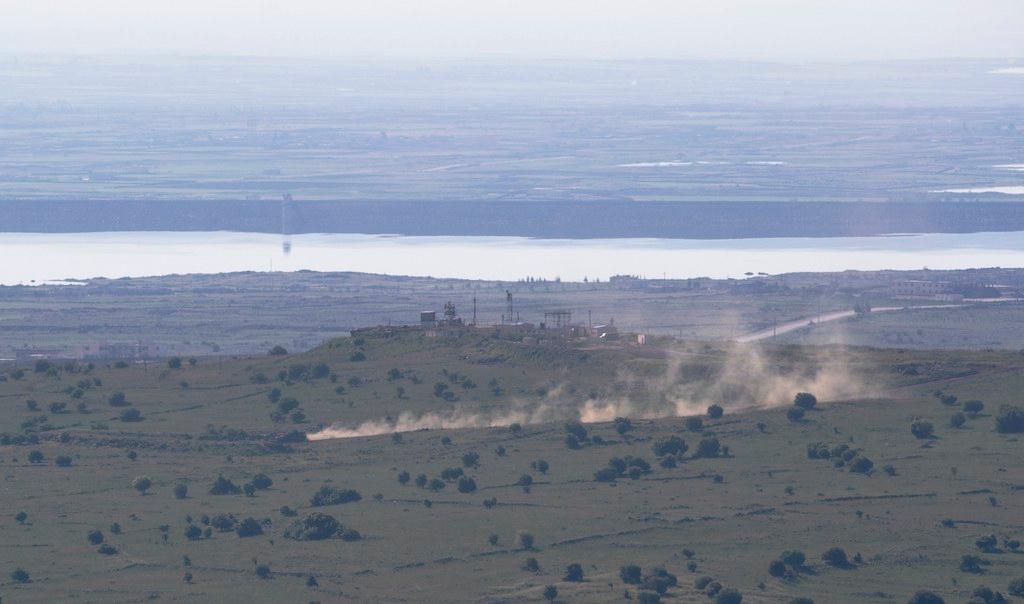
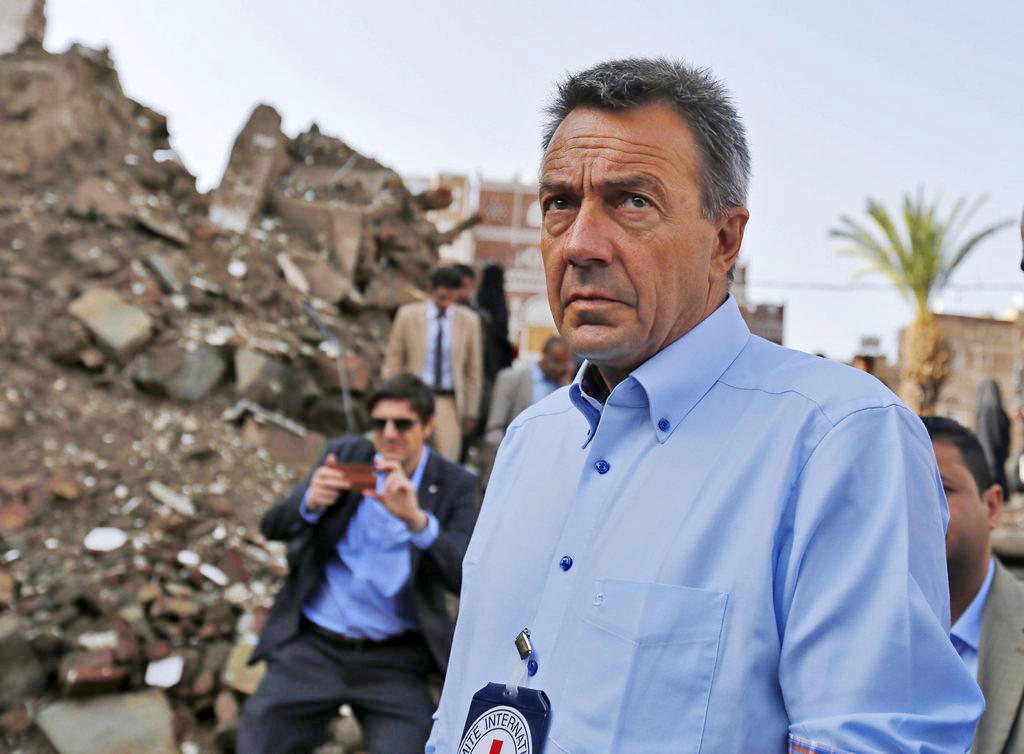
You can find an overview of ongoing debates with our journalists here. Please join us!
If you want to start a conversation about a topic raised in this article or want to report factual errors, email us at english@swissinfo.ch.